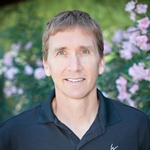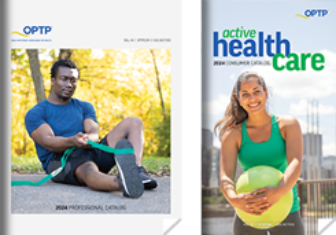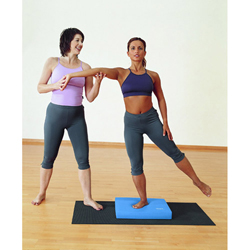Pre-workout mistakes don’t happen at the start of a warm-up – or the lack thereof. These mistakes happen before you even get to the gym. We compiled a list of 5 common pre-workout mistakes you might be making as well as the solutions to them:
1. You don’t think warming up is necessary.
Warming up isn’t the most enjoyable part of going to the gym. Nobody will hold it against you if you admit to hating it. We often ignore the advice as we don’t think it’s necessary, but warming up does play a huge role in your overall performance.
The purpose of warming up is to elevate your heartbeat in order to allow the blood to circulate better. Warming up is important to the muscles as they perform better when they receive an adequate amount of blood supply. These routines also improve your muscles’ ability to absorb impact and handle more weight – reducing the risk of injury.
2. You think warming up only involves stretching.
There’s no denying that a little warm-up is always better than not warming up at all. However, warming up is a dynamic process that involves more than just left-over-right stretches.
As the purpose of warming up is to improve your overall performance during your actual workout, adding some cardiovascular exercises would be better. Stretching aids in flexibility, while cardiovascular exercises greatly benefit the heart.
On average, your pre-workout exercises should take at least 5-10 minutes each. A proper warm-up should reduce muscle soreness that usually happens from a previous workout.
3. You eat too much or too little.
If there’s one thing we can all agree on, it is that working out takes a lot of energy. While it’s tempting to eat a lot before a workout, it’s not something you should do. And there’s so much more to it than just overloading yourself with macronutrients.
Eating too much pre-workout prevents you from maximizing your time at the gym. It can lead to bloating, cramping, and overall poor performance. The same goes for eating too little. It is crucial to eat the right amount of food and maintain a proper diet to supply the body with the oxygen that aids in utilizing fats better.
4. You rely on health supplements.
There has been a growing demand for health supplements over recent years. Some experts are strongly against using them, but others believe that the additional nutrients can benefit the body.
Even before the health supplement industry took the world by storm, many people had already managed to achieve their fitness goals without the use of them. The body is designed to store nutrients. It also understands when to use them. Thus, relying on supplements to boost your performance at the gym isn’t really necessary; after all, they’re only called supplements.
5. You think it’s fine to hit the gym after a sleepless night.
Though it is admirable to see someone sticking to their fitness routine, exercising when tired or sleep-deprived can have dangerous consequences. Memory is impaired when sleep is compromised, and it affects your performance in the process. Additionally, sleep-deprivation makes you more sensitive to pain – you need to put in more effort to accomplish your usual routine.
Skipping the gym and taking the day off after a sleepless night is always better than having your body fight off a potential infection. Your stress hormones will greatly benefit from it too.
As everyone’s physiology is different from each other, the type of diet and warm-up needed to achieve peak performance may vary from one person to another. Also, before engaging in any physically-demanding activity, make sure that your physician rules out any underlying diseases or conditions you might have.
The Center for Athletic Performance & Physical Therapy offers five locations throughout Arizona and provides physical therapy and sports training services including orthopedic therapy, hand therapy, dry needling, massage therapy and more.







